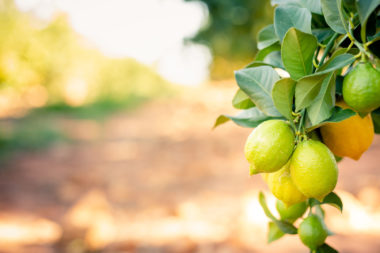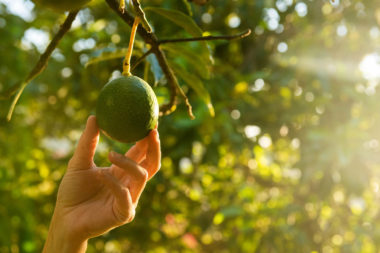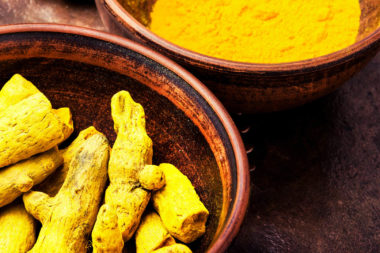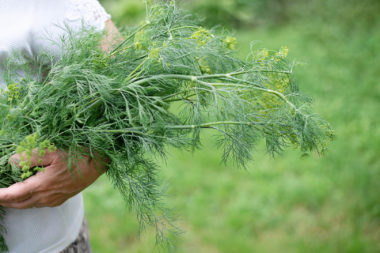

Vitamin C
Briefly about vitamin C
- Vitamin E must be obtained through food and supplements. However, it’s worth noting that vitamin C is sensitive to heat and can be destroyed by oxygen. Therefore, the amount of vitamin C in food significantly decreases during cooking or heating processes.
- Is important to maintain a healthy immune system.
- The requirement for vitamin E increases significantly during physical or psychological stress.
Learn more about vitamin C
Vitamin C is a water-soluble vitamin that is essential for human beings. Unlike most animals, including mammals (except primates, guinea pigs, and some bats), we cannot produce our own vitamin C. Animals produce vitamin C in their livers from glucose, and their production varies throughout the day and according to their needs, acting as a hormone. They can produce approximately 7 times more vitamin C during times of stress. Research shows that our need for vitamin C also increases during periods of stress and strain on the body.
Many researchers argue that we need to consume three grams (3000 mg) per day as a normal maintenance dose. A gorilla, which also cannot produce its own vitamin C, consumes green foliage equivalent to 4500 mg per day.
What is vitamin C good for?
Vitamin C is necessary for a strong immune system, protecting cells from oxidative stress, and for the normal formation of strong collagen, which is essential for fascia, bones, and cartilage. It is a powerful antioxidant that helps us cope with stress, both physical and psychological. Research shows that our need for vitamin C significantly increases during periods of stress and strain, such as illness. Additionally, vitamin C facilitates the absorption of iron.
What can a lack of vitamin C mean?
The most well-known consequence of vitamin C deficiency is scurvy, which results in weakened collagen and, consequently, inadequate skeletal and connective tissue development. However, even mild deficiency can have negative consequences such as fatigue, irritability, weakened immune system, bleeding gums, inflammation, impaired wound healing, and more.
To prevent scurvy, the Swedish National Food Agency recommends a daily intake of approximately 80 mg of vitamin C. However, research indicates that we need much higher amounts to maintain a healthy and thriving body. Most animals produce significantly higher levels of vitamin C and increase their production during times of increased stress to assist the body in coping with the added burden. Therefore, the body’s requirement for vitamin C varies, and excess amounts are excreted through urine.
How do we get vitamin C?
Vitamin C can be obtained through food, but it is highly sensitive to heat, and the amount decreases significantly during cooking or frying. It is challenging to consume enough vitamin C through food unless one consumes large amounts of raw fruits and vegetables. Foods such as bell peppers, cabbage, kiwi, and blackcurrants are rich in vitamin C. As a comparison, three grams of vitamin C is equivalent to approximately 40 oranges.
When taking vitamin C supplements, it is recommended to spread the intake throughout the day, at least three separate occasions, to allow the body to absorb as much of the supplement as possible. If taken all at once, a significant portion will be excreted in the urine. During times of illness and stress, the need for vitamin C increases, and one can take large amounts, often multiple times a day, such as one gram per hour or more until the stomach becomes loose (as it can have a laxative effect). At that point, the intake should be reduced until the stomach feels better.
Since the body’s requirements vary based on stress levels, the amount that may cause loose stools on a calm day can be tolerated multiple times over on a day of stress, lack of sleep, or illness.

























